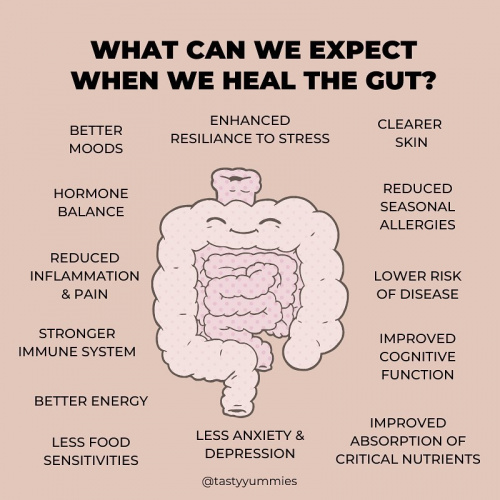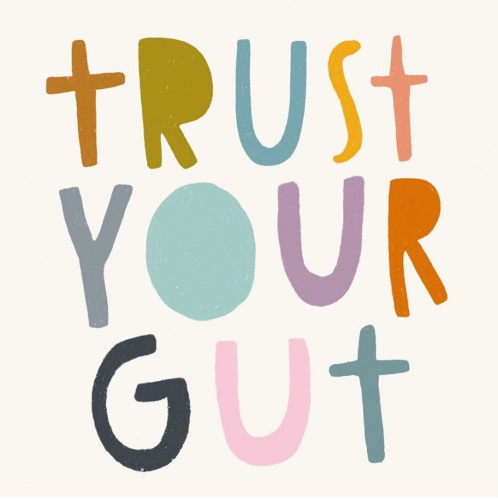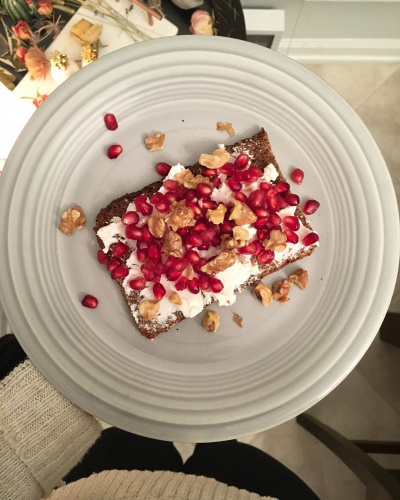You Will Defs Like these too
Life Video of The Day

Lux vs. Low: MakeupJul.19.2020
New at The Modern East
Sign Up To Our Newsletter
[ninja_forms_display_form id=20]


Your gut plays a crucial role in your overall health and you’d be surprised just how significantly it dictates the state of your mind, mood, and immunity function. Not only that, but 90% of serotonin (the happy feel good hormone), is produced in the gut.
Before you go ahead and start thinking you might be depressed or your lack of concentration is due to ADHD, get yourself checked with your gastroenterologist to ensure that your gut is healthy. Your gut has trillions of microorganisms living and working inside that help regulate your metabolism, digestion, immunity, and neurological state. That is because your gut is what produces neurotransmitters such as serotonin and dopamine, which dictate your mental state.

In other words, the bacteria living in your gut have a huge impact on the way you feel.
The human microbiome has an influence on the following four areas importance to health:
An unhealthy and imbalanced gut has a direct correlation to an unhealthy brain- which is why some people refer to the gut microbiota a second brain.
You cannot achieve overall good health without focusing on our gut health. Did you know that 70% of your immune system lies in your gut- and if your gut is not in its best shape, this could cause a wide range of health issues including: depression, anxiety, brain fog; as well as mental issues such as ADHD, OCD, bad moods, autoimmune issues, poor sleep, weight gain, food allergies, skin irritation, and fatigue.
So when do those issues start materializing?
Your gut health suffers when the bad bacteria in your body is more than the good bacteria- which creates an imbalance that will likely affect your overall health.
There are many ways that your gut bacteria can become out of balance.
Your diet: What you eat and put into your body is probably the most important factor in maintaining a healthy gut. Stay away from processed foods, refined carbs, sugar, alcohol and excess use of antibiotics medicines. Antibiotics throw off the good bacteria balance and can cause serious issues down the line. Sugars fortify the bad bacteria and cause it to multiply and processed foods exhaust your digestive system trying to break down the unnatural compounds found in it.
Stress: Only until recently, the effects of stress on your body have shown an effect on your physical health. Stress is no friend to your body and mind and being stressed for a prolonged period can result in an unhealthy gut which by now we understand is critical in living a healthy life. Learn techniques to help relieve stress such as taking a 15 minutes break to destress, or going for a weekly massage, or setting time aside for a hobby that you enjoy doing.
Poor Sleeping Habits: Not getting enough sleep – being sleep deprived can impact your gut, brain, and diet so make quality sleep a priority.

When it comes to the bacteria in your gut, every time you eat, you are feeding and fortifying your good or bad bacteria. The key to good gut lies in the balance of those bacteria.
Simply put, bad bacteria feeds off of unhealthy fats, and sugar. In order to stay healthy, you need to ensure that you are feeding the good bacteria and keeping them dominant in your gut. You can ensure that with those following tips:

The gut. It’s one of the epicenters of your body. It has a hand in many critical functions of the body so it’s imperative to keep it balanced. Try focusing on your gut health and see how the rest of your body will be performing at its best!

